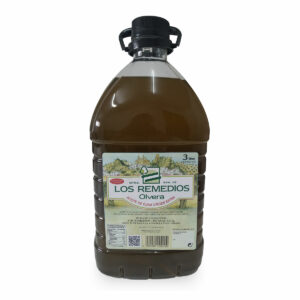EUROPEAN EXPERTS WANT TO PREVENT THE SPREAD OF FASTIDIOSA XYLELLA
The european commission (THIS) reported that national experts from Member States have approved emergency measures to prevent spread in the European Union (EU) Xylella fastidiosa bacteria, which has killed thousands of olive trees in southeastern Italy.
The Standing Committee on Vegetables, Animals, Food and Feed (PAFF) of the Union has given the green light to the measures proposed by the Commission, that oblige countries to notify Brussels of any new outbreak of this bacterium and quickly delimit the affected areas.
Strict eradication measures are also established in these areas., including uprooting and removing affected plants and all plants within a hundred meter radius, "Regardless of your health", indicated the Commission.
further, imports and movements within the Union of specific plants that could be susceptible to being infected by Xylella Fastidiosa from anywhere in the world will be subject to “strict conditions”.
In this way, a ban has been imposed on imports of plants from Honduras and Costa Rica, "Taking into consideration the high risk that they are infected by the bacteria".
In the area most affected by the bacteria, en the Italian province of Lecce, “Where eradication is no longer possible”, containment measures can be applied throughout the area and the requirement to systematically eliminate all infected plants and analyze those within a radius of one hundred meters is maintained., in an area of 20 kilometers close to the neighboring provinces of Brindisi and Taranto.
The bacterium is a harmful organism for olive trees and potentially dangerous for a wide range of other plants important for agriculture in the European Union., like vine and citrus.
The first case of Xylella Fastidiosa in the European Union was notified by the Italian authorities on 21 October 2013, so that the first emergency measures of the European Union were taken in February 2014, then take more action in July.
"The lack of effective treatments to cure plants once they become infected, the wide range of plant species that are prone, as well as the high probability of dispersion and establishment more in the European Union, make this bacterium a very serious threat to the European Union agricultural sector ", said the Commission.
Italy is the second Community producer of olive oil, behind Spain.






